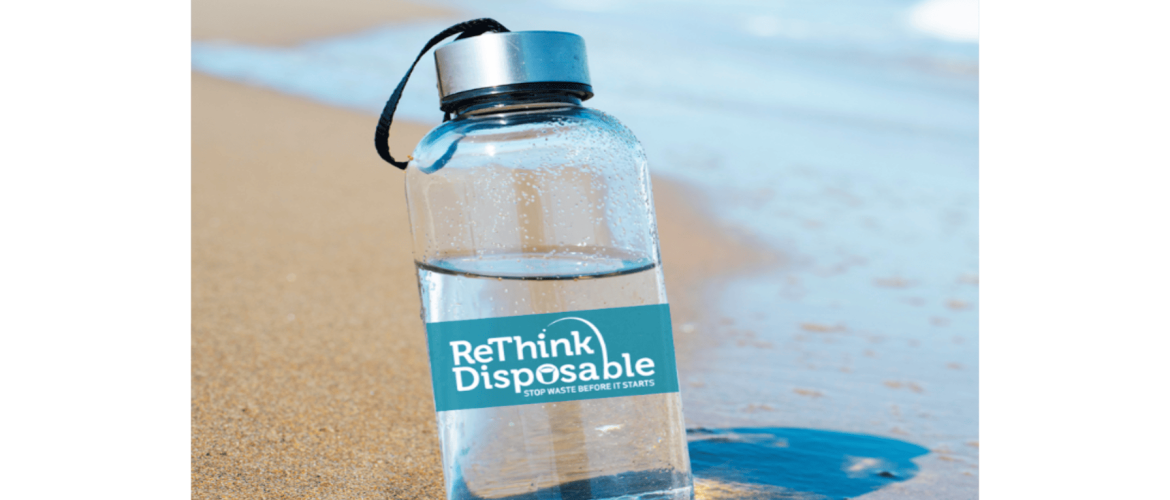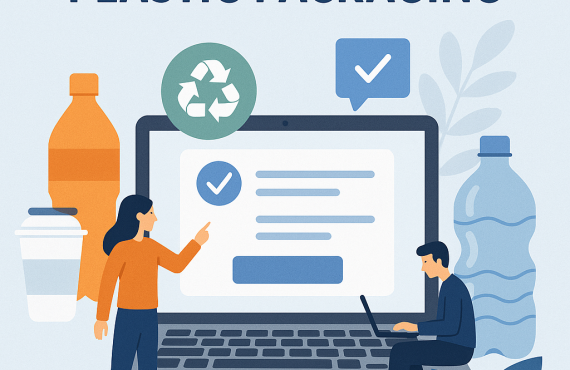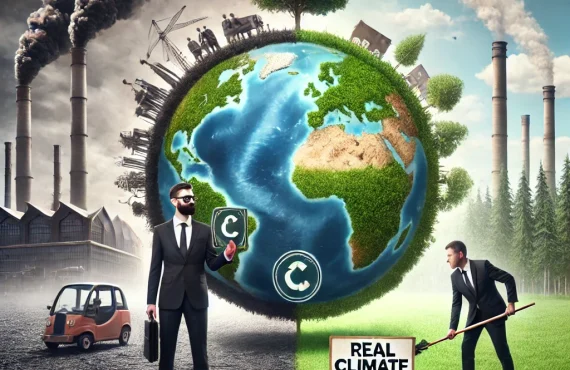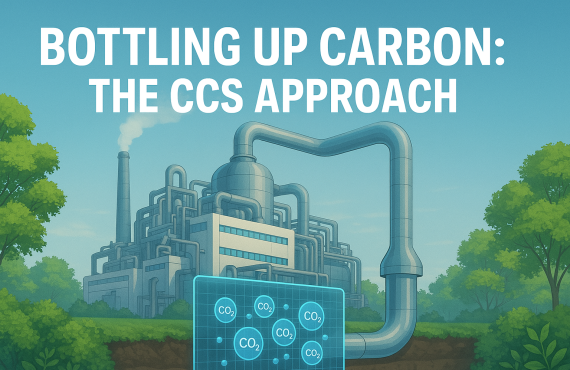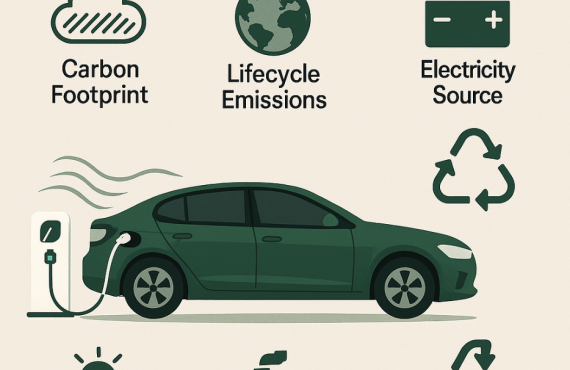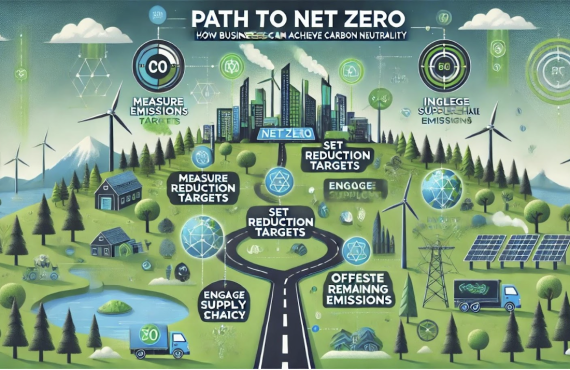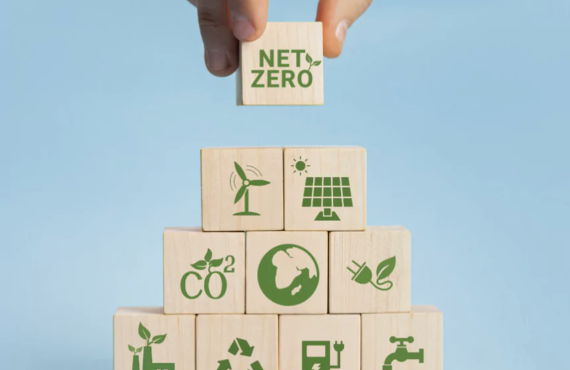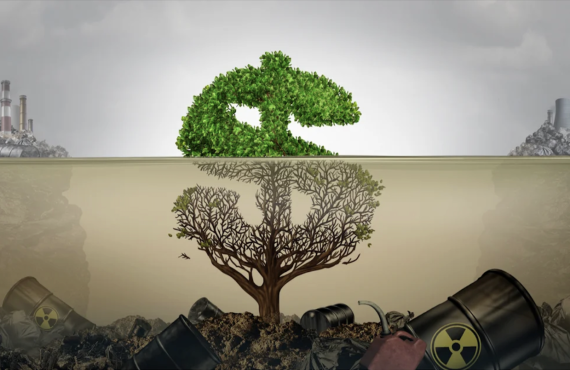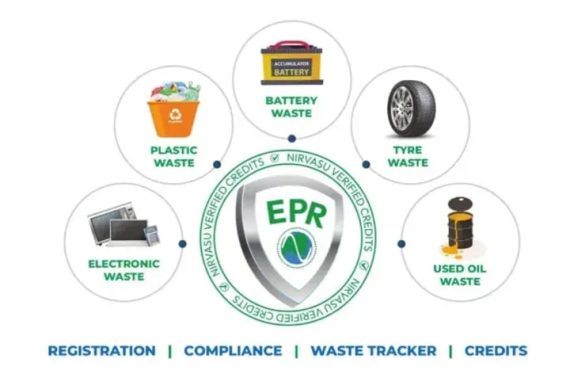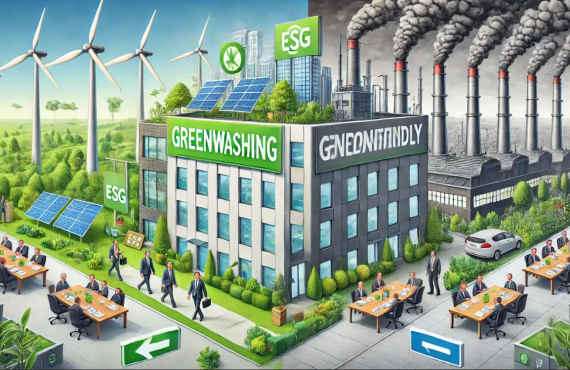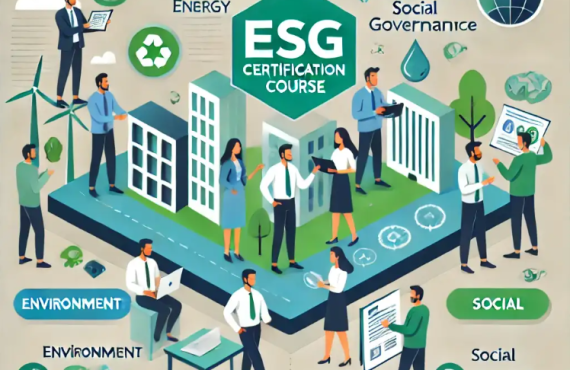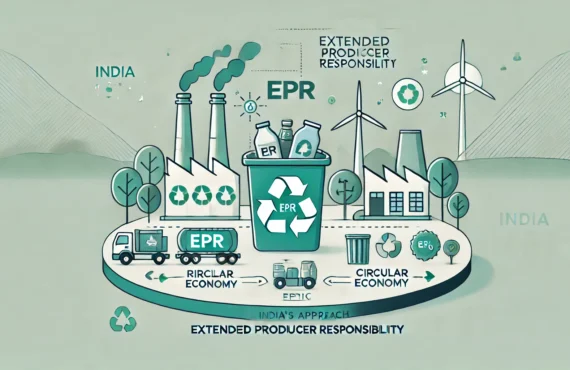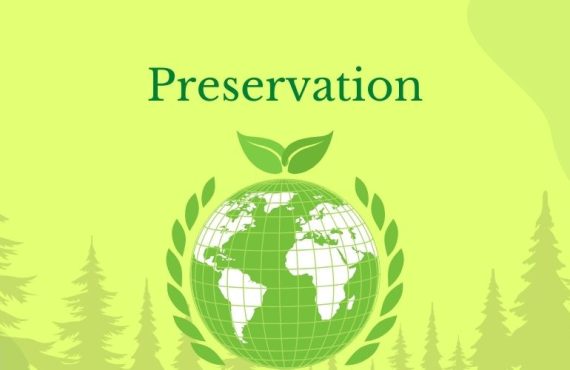Could the packaged drinking water you trust so deeply actually be contaminated?
The nation’s apex food safety authority, the Food Safety and Standards Authority of India (FSSAI), has recently classified packaged drinking water under the “high-risk food category.” This move ensures that manufacturers are subjected to thorough inspections at least once annually, a prerequisite for securing their operational license, as outlined in the latest notification.
Why is packaged water labelled as high-risk?
Labelling a product as “high-risk” is intended to enforce stringent regular inspections of production facilities. This classification bolsters vigilance and ensures compliance with safety standards to protect consumers. The latest notification, issued on November 27, builds on an amendment introduced last month. The amendment eliminated the mandatory requirement for dual certification from the Bureau of Indian Standards (BIS) alongside a food safety license. This step was taken to streamline the registration process, reducing redundancy, and making compliance more accessible for food business operators.
What are high-risk foods?
High-risk foods are categorized based on a risk-based framework established by the food safety authority. This system ensures that facilities handling foods most susceptible to contamination are subjected to regular inspections. Manufacturing or processing units dealing with these high-risk items must undergo inspections by FSSAI-approved third-party auditors, either annually or biennially, depending on the level of risk.
Why the Sudden Reclassification?
The reclassification has significant implications for consumers:
1. Stricter Regulations: Manufacturers will be subject to more stringent regulations, including frequent inspections, rigorous quality control measures, and mandatory third-party audits.
2. Increased Scrutiny: The FSSAI will closely monitor the entire supply chain, from source water to the final product, to identify and address potential risks.
3. Enhanced Consumer Protection: The ultimate goal is to safeguard public health by ensuring that consumers have access to safe and hygienic drinking water.
The bottled water industry is expected to play a crucial role in implementing EPR measures to reduce plastic waste.
To address the environmental impact of plastic waste, the government has introduced Extended Producer Responsibility (EPR) regulations. This mandates producers to take responsibility for the entire lifecycle of their products, including collection, recycling, and disposal.
The Importance of the 3Rs: Reduce, Reuse, Recycle Consumers can contribute to sustainable water consumption by adopting the 3Rs:
1.Reduce: Minimize the consumption of single-use plastic bottles by opting for reusable water bottles.
2.Reuse: Clean and refill reusable bottles to reduce plastic waste.
3.Recycle: Properly dispose of plastic bottles in recycling bins to facilitate their recycling into new products.
The Bureau of Indian Standards (BIS) and Quality Assurance
The Bureau of Indian Standards (BIS) plays a vital role in setting quality standards for various products, including bottled water. BIS certification ensures that bottled water meets specific quality parameters, such as microbiological purity, chemical composition, and physical properties. By implementing stricter regulations, promoting sustainable practices, and empowering consumers, India can strive towards a future where bottled water is both safe and
environmentally friendly.


